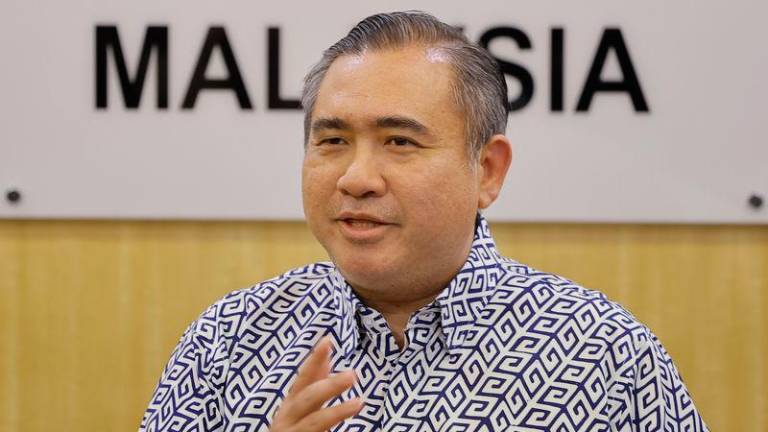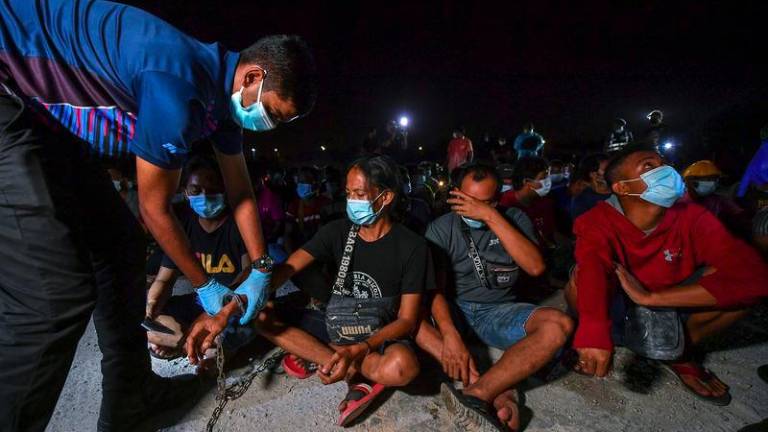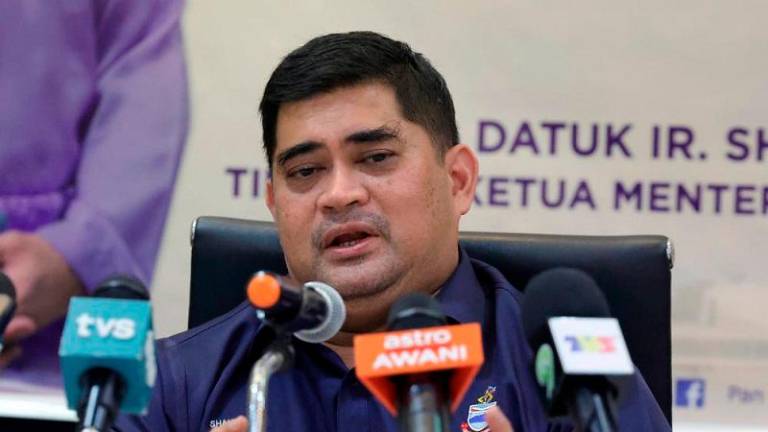PETALING JAYA: The Institute for Democracy and Economic Affairs (IDEAS) and Relate Malaysia are calling for an urgent suicide prevention strategy during the Covid-19 crisis.
They warn that current attitudes and official responses to mental health do not properly address the severe challenges many people are struggling to cope with due to the pandemic and associated lockdowns.
IDEAS and Relate stressed that mental health support and suicide prevention need to go beyond hotlines that are already overwhelmed by the number of distress calls.
There must be a focus on developing more holistic strategies which address Malaysia’s shortage of mental health professionals as well as the limited access to digital services and mental health infrastructure for certain segments in the country, they said.
The organisations noted an alarming rise in recorded suicide cases in Malaysia in 2021. While 631 suicides had been recorded overall in 2020, between January to May 2021, there were 468 recorded suicides alone - an average of three suicides every day for the past five months.
“This is deeply concerning as past studies have shown that for every suicide, there are 20 suicide attempts,” they said in a statement today.
In addition, Malaysia has a disproportionate number of young victims as stated in official suicide statistics, which are likely to understate the number of actual suicides throughout Malaysia. Between 2019 to May 2021, there were a total of 1,708 recorded suicide cases, of which young people between the ages of 15 and 18 comprised 872.
“The increased rates of unemployment, Covid-related social isolation, and the uncertainty of when the crisis will end in Malaysia has led to an increase in depression, anxiety, and other mental health and social issues, which are causal risk factors for suicide,” they said.
“Effective strategies are needed now to stem the flow of these worrying trends, particularly among youth. As stated in our joint policy paper downloadable here, suicide is one of the leading causes of deaths among Malaysians between the ages of 15-29 years.”
Relate Malaysia founder, Dr. Chua Sook Ning, said: “Suicides are preventable deaths. We need more representative data to understand risk and protective factors and start proactively offering targeted interventions as part of a national suicide prevention strategy.
“Universities must increase their existing efforts to invest in mental health research and the development of mental health interventions for students to build a resilient future generation.
“There needs to be greater awareness and public education about the importance and the benefits of seeking mental health support. Culturally-ingrained beliefs that asking for help is a weakness are misguided, and lead to dangerous consequences as they prevent people from getting the help they need due to fear and misconceptions.”
Meanwhile, IDEAS CEO Tricia Yeoh said: “IDEAS welcomes the government’s decision to earmark funds to NGOs to support mental health under the Pemulih package. However, we urge that transparency be practised with regards to which NGOs are receiving these funds and how exactly these funds are being utilised for suicide prevention and mental health.”
Responding to the government’s decision to send Jakim to hospitals nationwide to address the suicide crisis, Tricia added: “Religion and faith can serve as protective factors against suicide, and placing trained officers in hospitals could help increase accessibility to religious support for individuals who desire it.
“However, it is vital to ensure that the decision to place these Jakim officers in hospitals nationwide is not a substitute for trained professionals that employ evidence-based interventions.”
IDEAS and Relate Malaysia also stressed that the decriminalisation of suicide is crucial in order for any national suicide prevention strategy to be effective.
The criminalisation of suicide may lead to some mental health providers to dehumanise people who are suicidal and in the recovery process, they said.
IDEAS and Relate Malaysia called for the decriminalisation of suicide to be made a priority when Parliament reconvenes.










